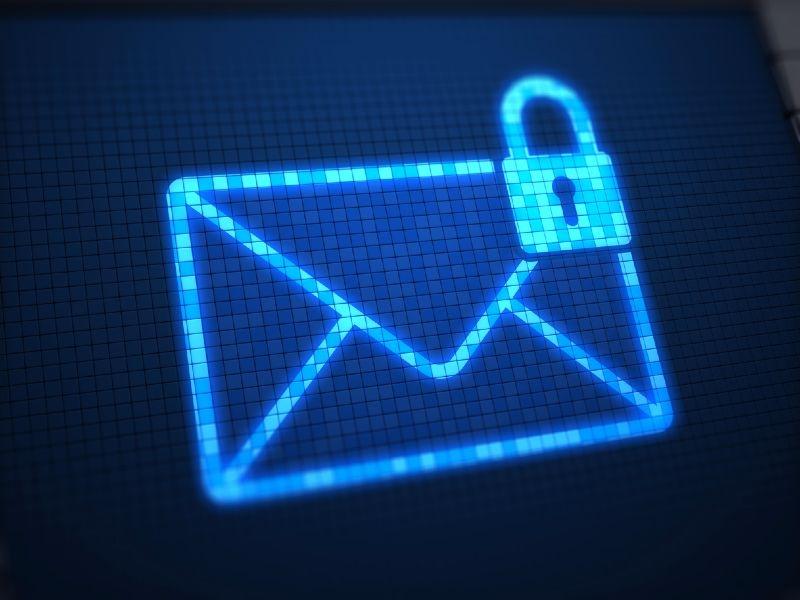In recent months here at EasiPC we have seen a dramatic increase in the number of schools being infected by viruses and malware through email attachments. The removal of such infections can be a laborious, time consuming and therefore expensive task which could have often been avoided entirely by following some common sense advice when dealing with emails and their attachments.
Are you expecting the email?
About the most common way hackers attempt to get you to install viruses on your own system is to simply name the virus something like “INVOICE” so you download and open it to see what it is. If you receive a file claiming to have an invoice attached from a source you wouldn’t expect DON’T OPEN IT. If the curiosity is too much and you need to be sure you aren’t being invoiced for something you didn’t ask for see “What to do if unsure” below.
Is the email address or language used suspicious?
You may receive an email that looks exactly like it came from a known source (commonly your bank, Amazon or PayPal) but it is always worth taking a closer look at that email. The logo may be perfect but why would your bank be emailing from randomcharacters@bankname.yahoo.com? The page layout may be perfect but are there spelling mistakes or terrible grammar?
Should you click on the weblink in the email?
Treat links to internet pages with just as much suspicion as you would an attachment. A link could cause you to download malware onto your machine or take you to a fake version of a known website so you unknowingly hand over your banking details or log in credentials. As with the email addresses, always check the website URL. For example, it’s unlikely that your bank’s web address would end in “.ru” (indicating it’s hosted in Russia).
What to do if you’re unsure?
If unsure, ASK. Contact the people who sent the email to ask if it’s genuine BUT do not use any contact details on the email itself. If a suspicious email claims to have come from your bank contact your bank as you usually would, or go online and find the official contact details. OR simply give us a quick call here on the EasiPC Helpdesk and we will be happy to advise.
As a school your contact details are in the public domain therefore it is impossible to prevent criminals from trying to take advantage of that fact. The sheer volume of malicious emails sent means it is impossible to prevent all from getting through spam filters. As new viruses are created every day Anti-Virus software will always be playing catch-up and cannot always be trusted to protect you from the newest of threats. In the end your best defence against viruses and malware will always be, as is so often the case, your common sense.

